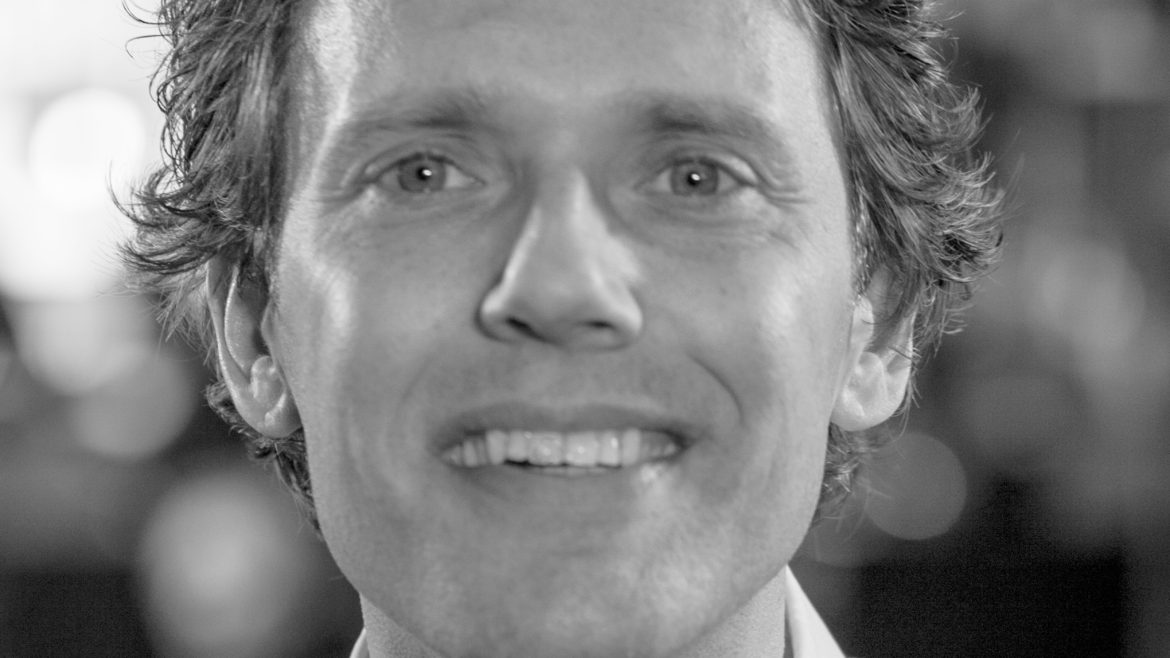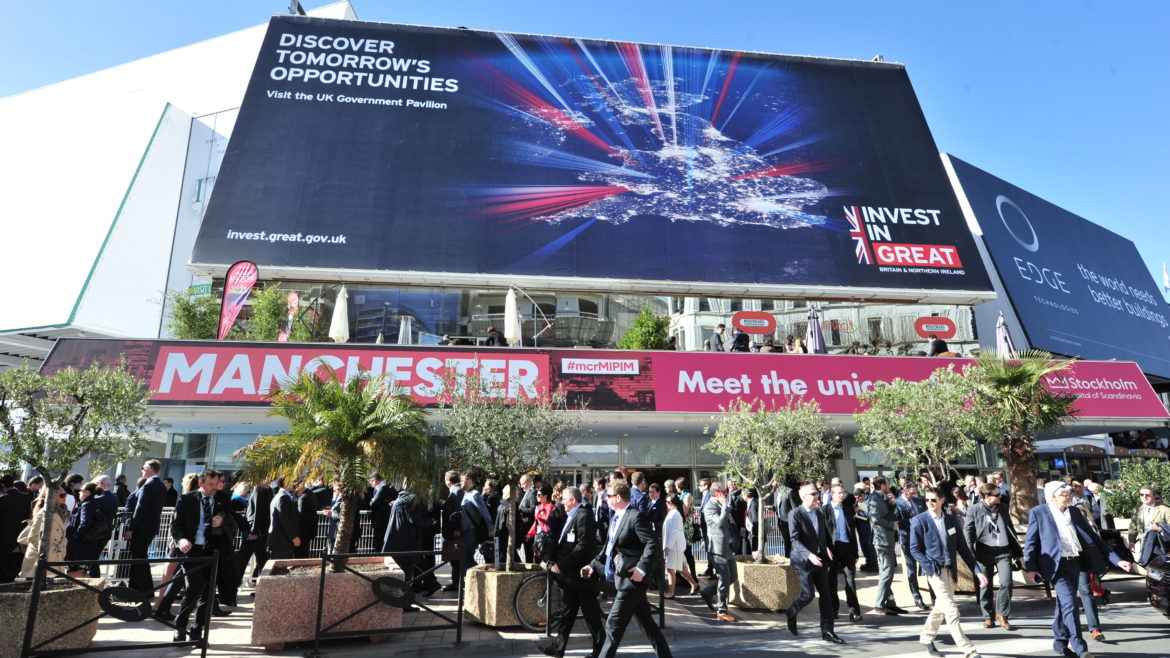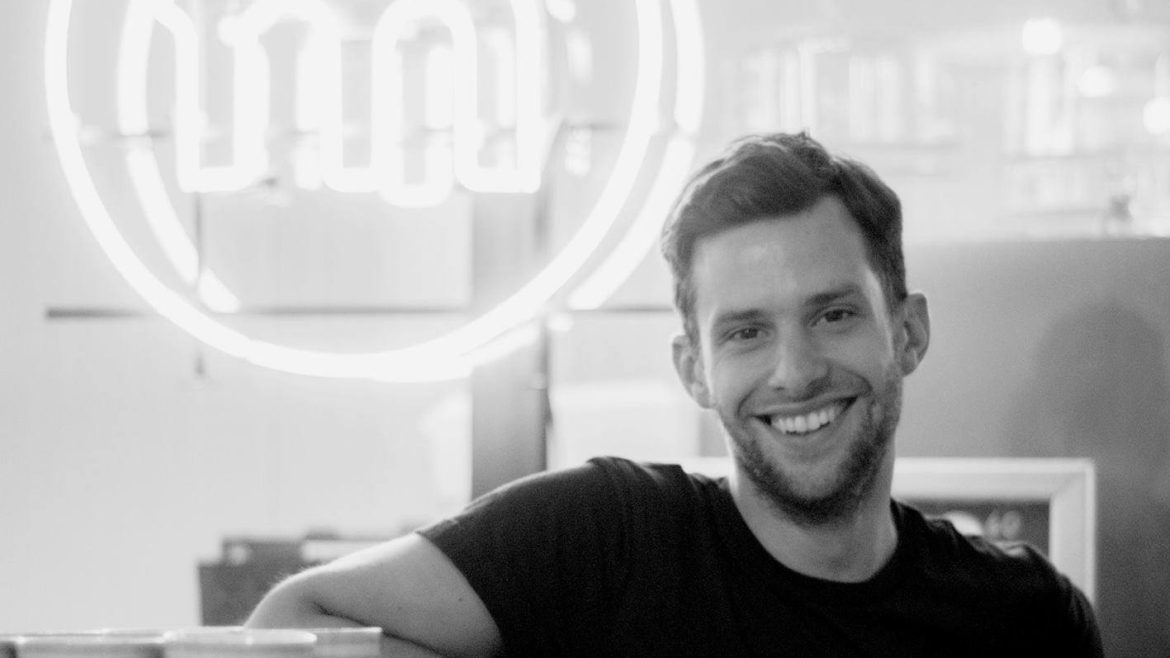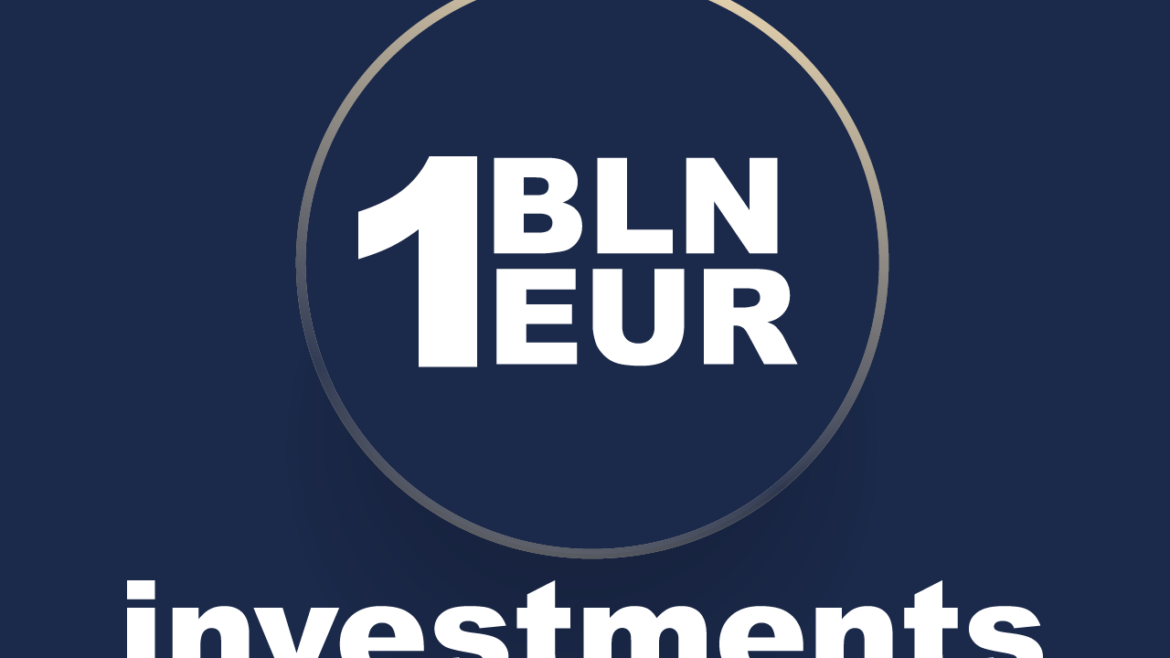BREC Talks to Roxana Dudau
Associated Partner, Noerr

“There is an increased interest in high quality mixed use projects -mostly involving urban regeneration or reconversion of former industrial platforms- as well as for smart city technologies not only in Bucharest but also in regional cities.“
Roxana Dudau, Associated Partner heads Noerr’s Real Estate & Construction Department in Romania. She is a well-known & reputable real estate expert on the Romanian market. BREC talked with Roxana about the main factors influencing the local real estate investment market, the quality of the products and the pottential of each sector.
Which are the main factors influencing the local real estate investment market?
Apart from the global factors, i.e. global economic fragility, political uncertainty and the global financial environment, the refugees’ crisis, looming trade wars etc. which are com-mon for the entire region, the main local factors influencing the investment market in Romania remain the fiscal and legal unpredictability (amendments in these fields being constantly passed by the authorities), cumulated with a labor-force shortage that pre-vents companies from further growth. Fiscal uncertainty, namely incessant fiscal amendments triggered by the Government’s in-tention to fill the holes in the budget, has a direct negative impact on investors (also in the real estate field) and remains one of the main factor influencing local investment this year as well.
Other fiscal provisions affecting the investment market are the increase of mini-mum wage and the transfer of the social contributions from the employer to the employ-ees.
The relevant legislation for the real estate market seems to be targeted by the authorities, as well, as some law drafts aiming at structural amendment of the construction law and its methodological norms, as well as the preliminary theses of a unified construction and town planning code were recently in public debate.
How do you find the quality of the real estate products developed in the last couple of years? What piece of advice would you give to developers looking to attract investors?
It is clear that the quality of the real estate products developed during the last years in-creased tremendously. All new projects envisage to obtain a green certification, and this is pursued starting with the inception phase. This applies not only for office buildings, but late-ly also for retail and residential products. There is an increased interest in high quality mixed use projects (mostly involving urban regeneration or reconversion of former industrial platforms) as well as for smart city technologies not only in Bucharest but also in regional cities.
The most important piece of advice for investors (especially for larger investments involving urban regeneration) is to conduct a local survey with the aim to involve the local community in the process of creating the concept of the new investment or adapting it to local needs and also to establish a direct communication with the local decision makers/authorities to identify the best means to include the new investment within the larger urban plan of the lo-cality. Big projects often require a strategic approach of extending the existing infrastructure or creating a new one to sustain the new needs resulting from such investments.
What type of products are most sought after by investors in 2018?
I think the office sector shall further expand in 2018. The retail segment will expand as well, but mostly in the regional cities and in smaller schemes, as in Bucharest no new large pro-jects have been announced (except for some extensions). The star of the year 2018 seems to be the residential sector, which will likely record the fastest growth.













































